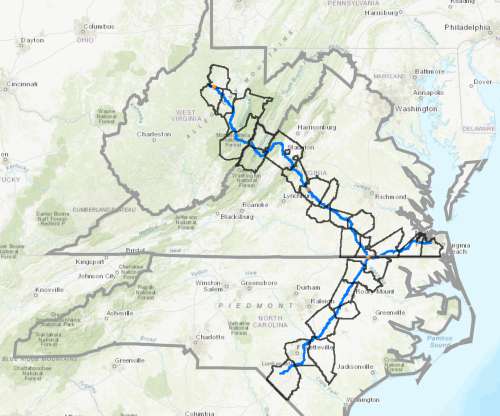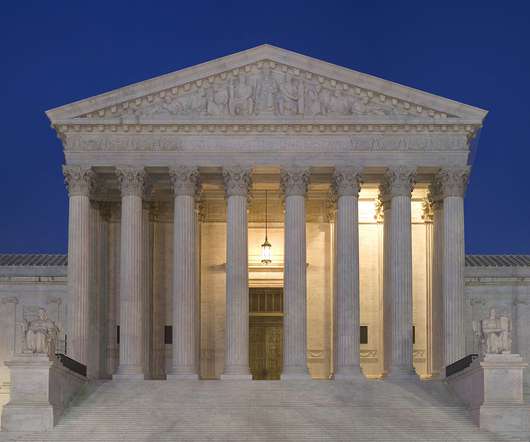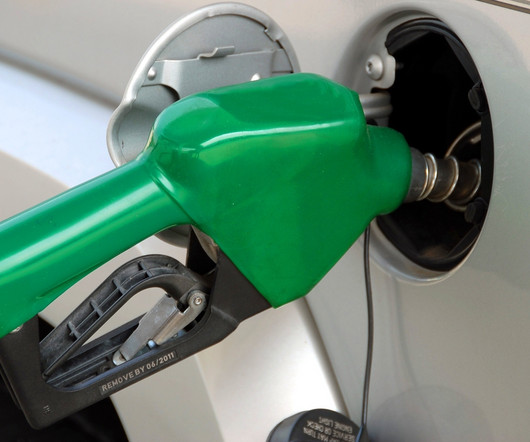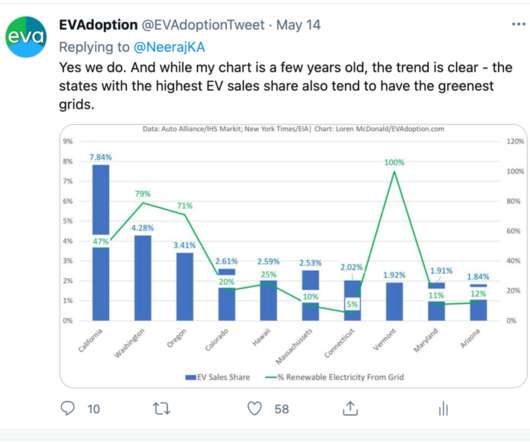Virginia allocating >$12M for electric buses; new statewide contract
Green Car Congress
JUNE 29, 2019
The state of Virginia will allocate more than $12 million in state funding to deploy electric transit buses in three Virginia localities, using nearly $9 million from the Volkswagen Environmental Mitigation Trust (VW Trust) that the Commonwealth received as part of its settlement with Volkswagen. Blacksburg Transit: $3.3








































Let's personalize your content